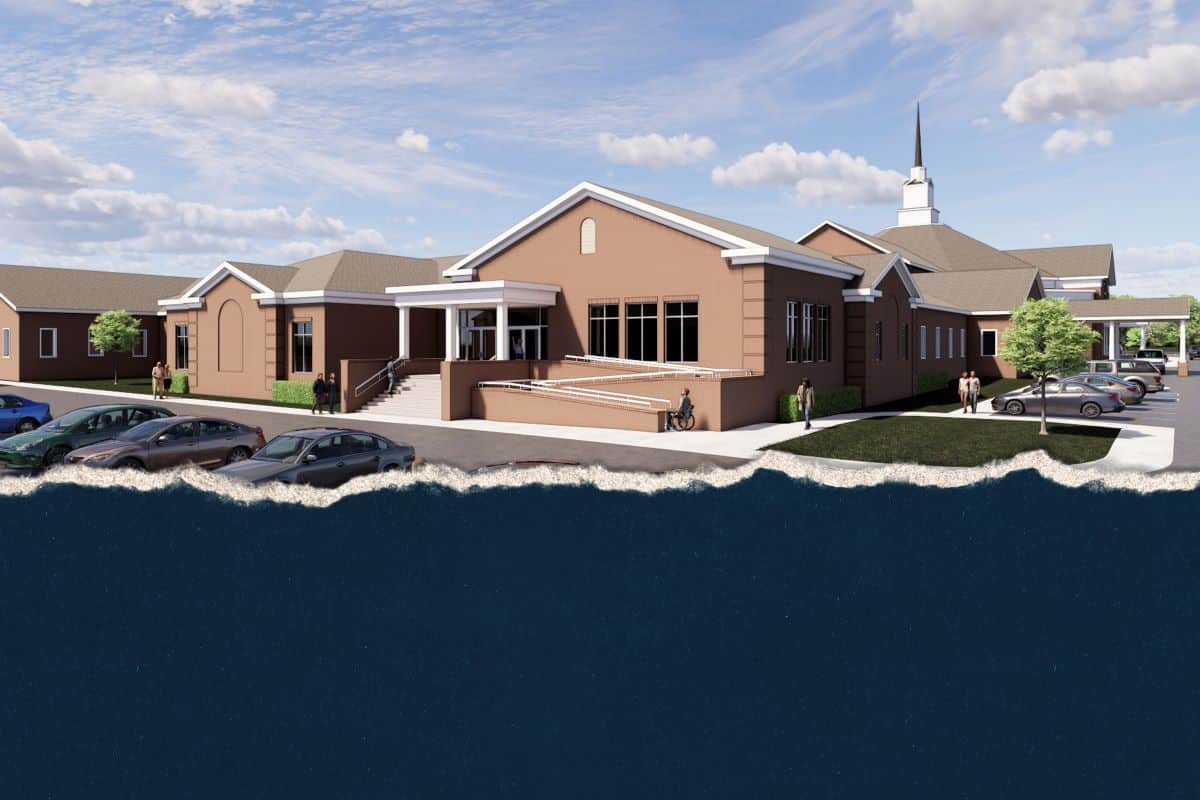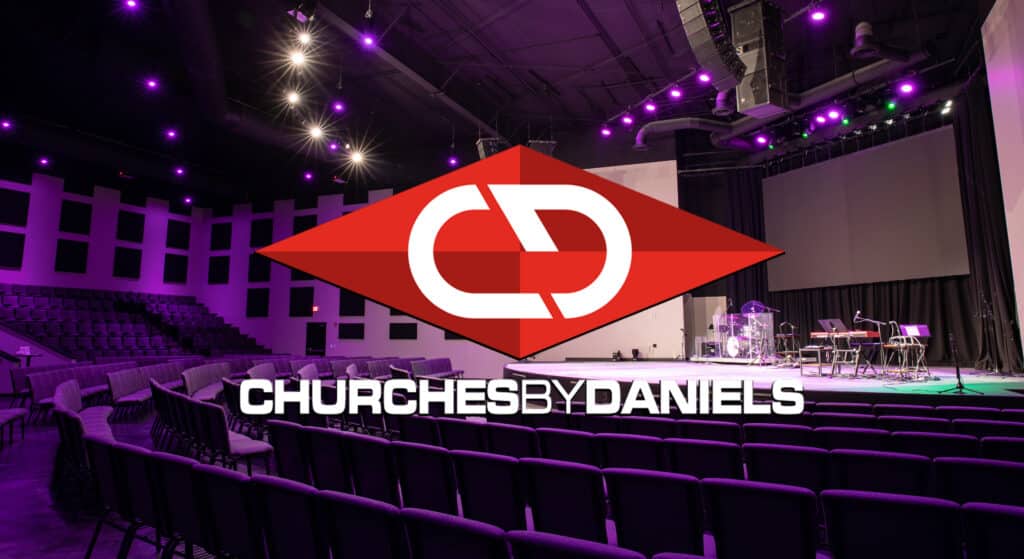Churches looking to build must learn how to be a good stewardship of the construction process. However, some lessons are learned tougher than others.
In my 23 years of observation and experience in church capital expansion, there is one critical error that repeats itself over and over. It is the reason why most church building plans never happen. The answer is budget.
Most church’s initial steps are to dream, and those dreams are big. The struggle is always between what is needed versus affordability. This is where churches make their first mistake. They will draw plans based entirely on wants or needs with no critical forethought of the financial perspective. Architectural plans are drawn based on the perceived need but rarely developed with cost in mind. Price is always an afterthought. Hence, the shelved plans that never get off the ground, halting momentum and hampering potential future ministry growth. Church leadership, in frustration, often halt the prospects of that project, potentially revisiting it years later or never at all.
Think of it this way. Builders know budget. Their job is to help you build. A reputable church builder can help guide you and the architect with a plan that is cost effective. Even better, I have found great success, as a capital campaign consultant, showing churches their financial potential on the front end so they can get a handle on a realistic budget before even starting design. The results are incredible. Imagine a project that energizes the church with a perceived need. Envision a project built on a budget with an exciting, compelling vision that prepares the church for current and future growth. Even better, the project scope is at a size that can be paid off at a quicker pace. If a project is too large, it may never get off the ground or gets cut down so much that after construction it no longer resembles the original project presented to your people.
Churches can think they have a handle on the project cost, but hidden drivers unexpectedly push prices to an exorbitant price tag. It’s not just about construction material cost and interest rates. Land development is the biggest culprit. Slope, fill, dirt, grading, leveling, excavation, and drainage can be budget busters. Utilities, zoning, strict building codes and local government restrictions can cause frustration and add expense. You should always have the land assessed before purchase. The cost to build on a piece of property can be prohibitive, while another might have considerably less cost to develop. Additionally, if you are building on your current campus, there can be different creative layouts that can save those construction dollars. It’s always helpful to have multiple eyes on your project. This is where the builder plays a vital role early in the process well before any construction.
A church’s typical attempt to build looks something like this:
- Hire an architect to design the dream project based on all needs and wants.
- Determine the project’s estimated cost.
- Decide if the money can be raised through a capital campaign.
- Contact the bank to determine borrowing ability for the balance needed.
- If the numbers do not work, the church will go back to the beginning and start the process all over again redesigning, looking at other options or giving up on the process altogether. If the numbers work, the church may choose to proceed but may still find that the initial cost estimate was not reliable, and the project is downsized after all the hard work of getting to construction.
If you are starting the process, here are recommended steps as you begin to help curb some of those potential landmines:
Create your building committee or team that will drive the process for the church.
Develop a resource team to assist the building team. Here is who you want on that team. While hiring an architect, engage a knowledgeable builder who understands construction cost and can keep you from overdesigning beyond your means. Also work with an experienced capital stewardship consultant who can help you determine your capital fundraising potential. You will need them later in the process so get to know them now so you can utilize their expertise. Find a lender who can help you figure out how much financing the church can afford to borrow. You will need all of these resource partners at various times throughout the process, so it’s better to have access to them as early as possible.
Determine your budget.
- Determine your potential to raise capital for the project. As a capital campaign consultant, I help churches look at their giving history and determine additional funds they can conservatively raise over and above their current budget giving at the very start of their project and help them develop a timeline from design to capital campaign to construction.
- Talk to your lending and finance options. Determine your ability and capacity to qualify for financing and a monthly note that fits your budget after capital fundraising.
Now that you know your financial ability, what are your facility needs? Engage your architect with guidance from the builder to keep that project from being a budget buster. The builder can help you determine wants versus needs and establish your priorities based on budget. The ideal situation for a church is to consider the design build model. By engaging a reputable church design build firm, they will have an architect on staff. They can help you address your priorities and develop a plan with your budget navigating much of the issues outlined above. The design build process has resulted in some of the most successful church building projects I have experienced. An experienced church builder can assist the church with space planning and programming better defining the project while giving helpful direction to the architect.
Churches looking to build will benefit greatly from gaining as much information as possible on the front end. Identifying your resource team immediately after developing your building committee or team will give you that peace of mind. What questions should you be asking but do not yet know to ask? The right resource partners will help.
Chuck Klein is principal and founder of Impact Stewardship Resources, Inc., which has raised over $1 billion for ministry expansion and served hundreds of churches over the past 23+ years, www.impactstewardship.com.


















